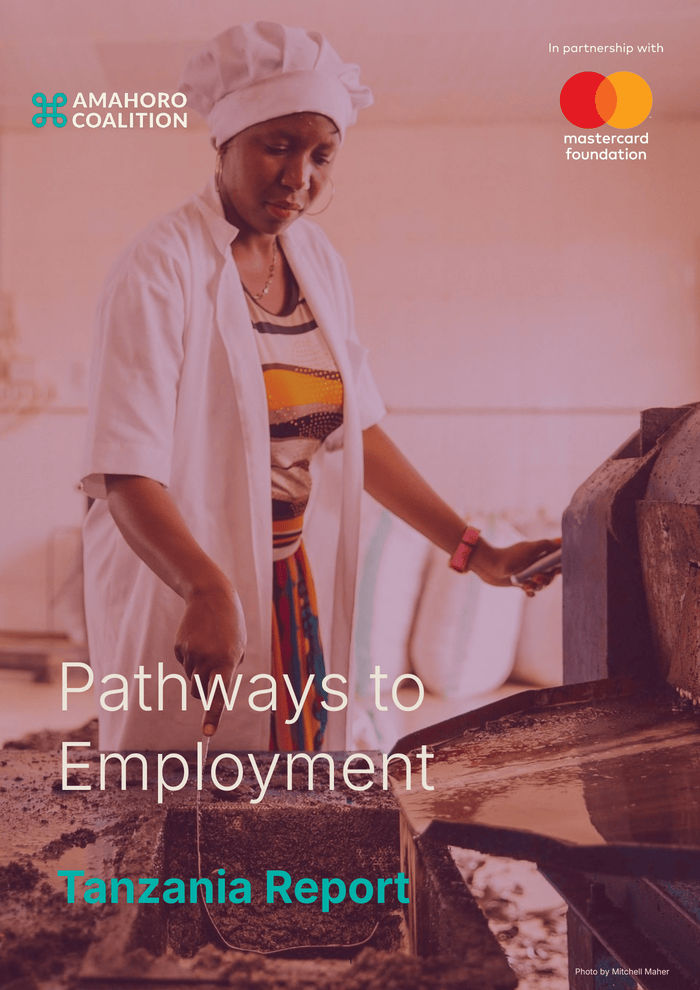Executive Summary
● Tanzania’s policy towards refugees’ access to work is highly restrictive. Tanzania practises an encampment policy and restricts the freedom of movement of refugees. Less than 1% of refugees reside legally in cities.
● Tanzaniaʼs policy towards refugees has grown increasingly restrictive. Efforts focus on voluntary repatriation of Burundians, and Tanzania stopped granting prima facie recognition to Burundian refugees. In 2018, Tanzania withdrew from the Comprehensive Refugee Response Framework CRRF) and declined World Bank funding to enhance refugee integration and livelihoods.
● Tanzanian refugee policy is guided by the Refugees Act of 1998 and the 2003 National Refugee Policy. The country’s policy does not guarantee the right to work for refugees, but offers the option to apply for work permits from the Director of Refugee Services. In practice, work permits are extremely rare to obtain. The application processes are excessively complex and require many difficult-to-obtain documents.
● Access to employment opportunities from refugee camps is virtually impossible. There are no private sector opportunities in camps, it is costly to access the internet to search for opportunities, and it is difficult to leave the camp to engage in interviews and engage potential employers. While refugees have the right to engage in small businesses in the camp, the lack of clear guidelines means that the Camp Commander uses their discretion to determine when and under what conditions refugees can engage in income-generating activities.
● In Dar es Salaam, the implementation of stringent practices towards refugees since 2017 has made it more challenging for refugees to access opportunities. Employers are reluctant to hire refugees due to discourses that portray refugees as security threats and due to the complex application processes required to formalise their employment. It is difficult for employers to justify that they could not fill a position by a Tanzanian and need a refugee instead.
● There is no evidence of collaborative approaches to creating an enabling environment for refugee employment in Tanzania. Restrictive policies make it difficult for civil society actors to partner and operate.
● The report makes recommendations to streamline and operationalise the work permit processes in order to enable refugees to join the formal labour market. To develop the regulations, authorities should consider initiating a participatory process to formulate regulations by involving all relevant stakeholders, including employers and refugees.
● Once the work permit process is operationalised, authorities and the UNHCR could establish an application desk in the Camp Commanderʼs office, and raise awareness among refugees and employers.
● Humanitarian organisations could take the lead in hiring refugees and applying for work permits for their refugee staff. They can share their experiences with potential employers and use them as a basis to advocate for formal refugee employment.

